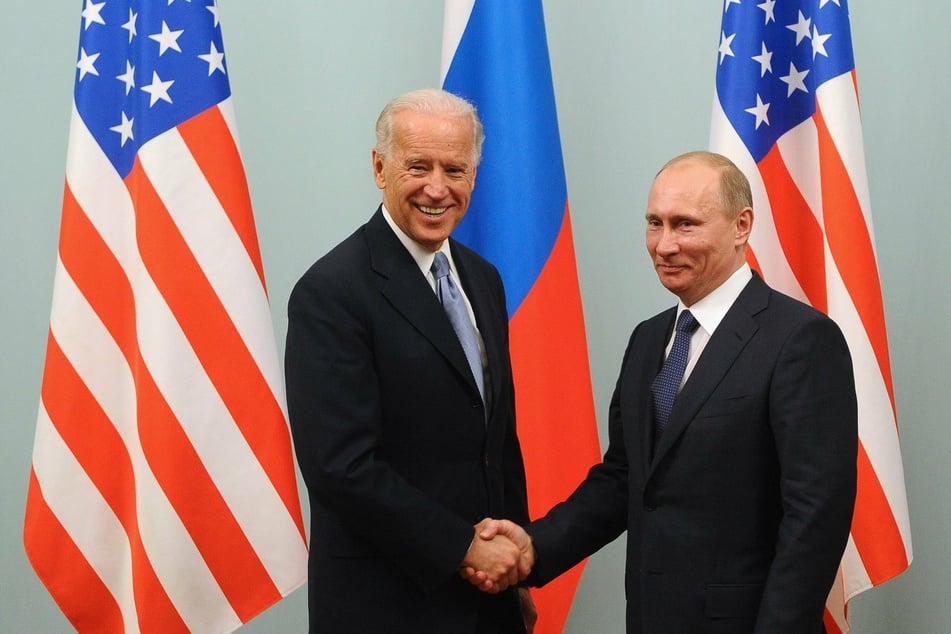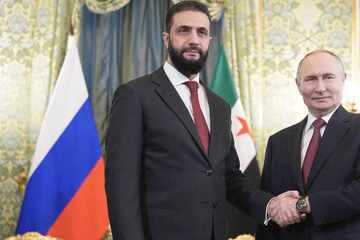US to seek 5-year extension of nuclear arms treaty with Russia
Washington DC – The United States will seek a five-year extension of the New START nuclear arms reduction treaty with Russia, White House press secretary Jen Psaki confirmed on Thursday.

"The President has long been clear that the New START Treaty is in the national security interest of the United States. This extension makes even more sense when the relationship with Russia is adversarial as it is at this time," Psaki told reporters during a briefing.
"New START is the only remaining treaty constraining Russian nuclear forces, and is an anchor of strategic stability between our two countries," she added.
Psaki's comments come a day after Moscow said it sought a five-year extension of the treaty with no additional conditions so Russia and the US can "seriously and jointly search for answers to questions of international security and strategic stability."
The treaty between Washington and Moscow came into force in 2011 and is due to expire in February.
It limits the number of nuclear warheads and intercontinental ballistic missiles that each country can deploy and is the last remaining non-proliferation treaty between the two countries.
Psaki noted that Washington would also work to hold Moscow to account for some of its malign activities, and that President Joe Biden has requested that the US intelligence community assess the Solar Winds cyber breach, believed to have been perpetrated by Russia.
US intelligence officials will also look into Moscow's interference in the 2020 US election, the use of chemical weapons against Russian opposition leader Alexei Navalny, and the allegations that Russia paid bounties to Taliban-linked militants to kill US soldiers in Afghanistan.
Cover photo: imago images / ITAR-TASS
